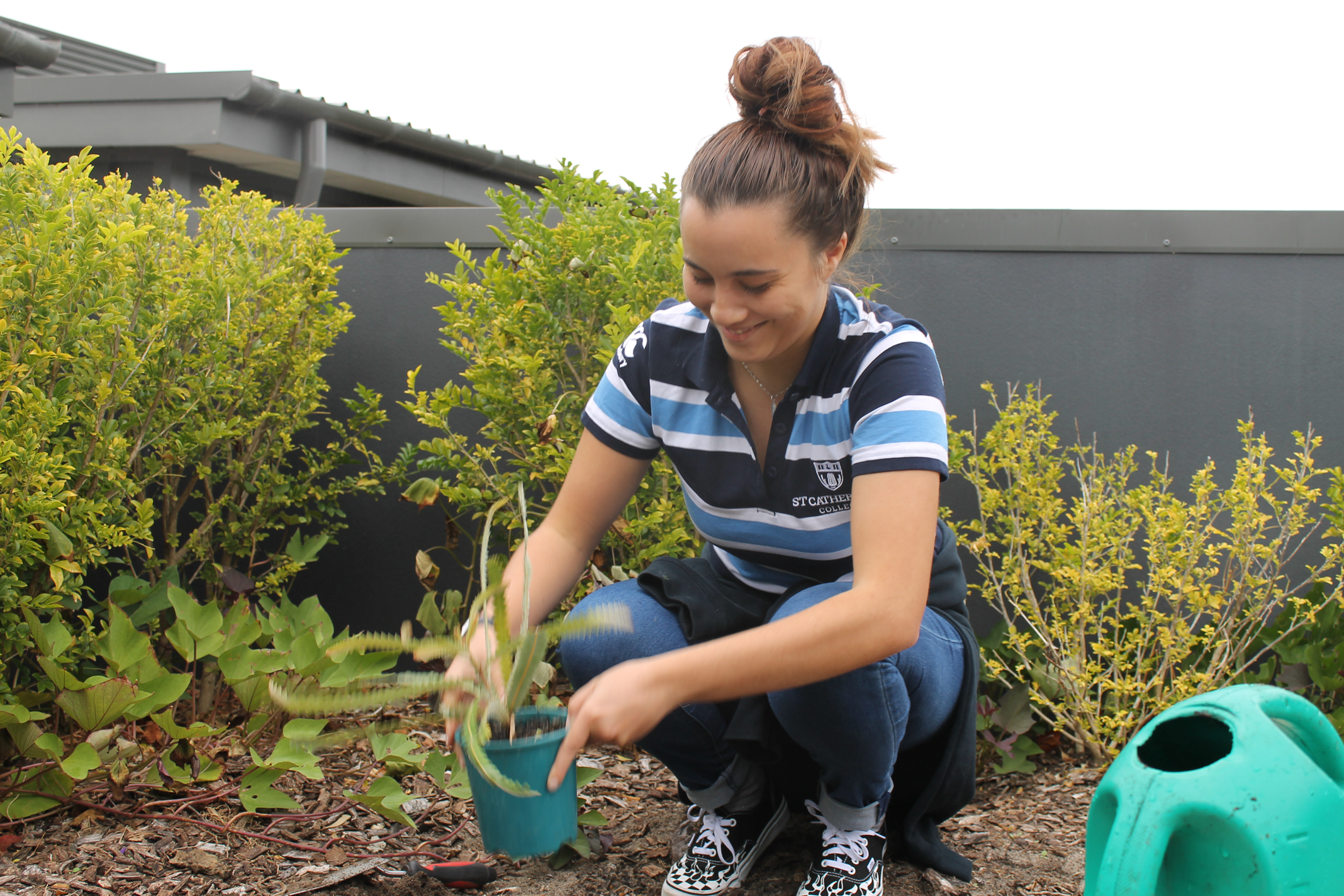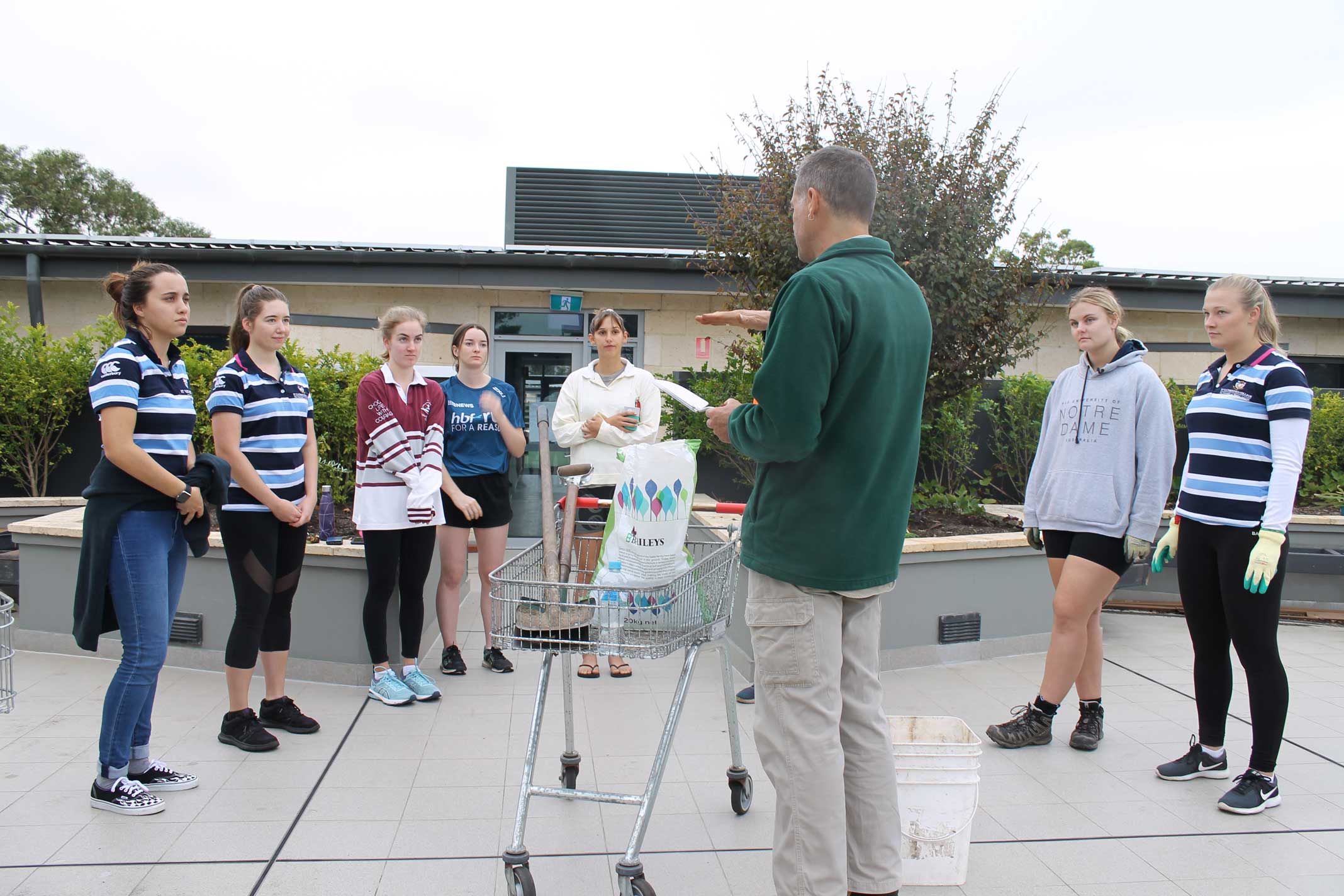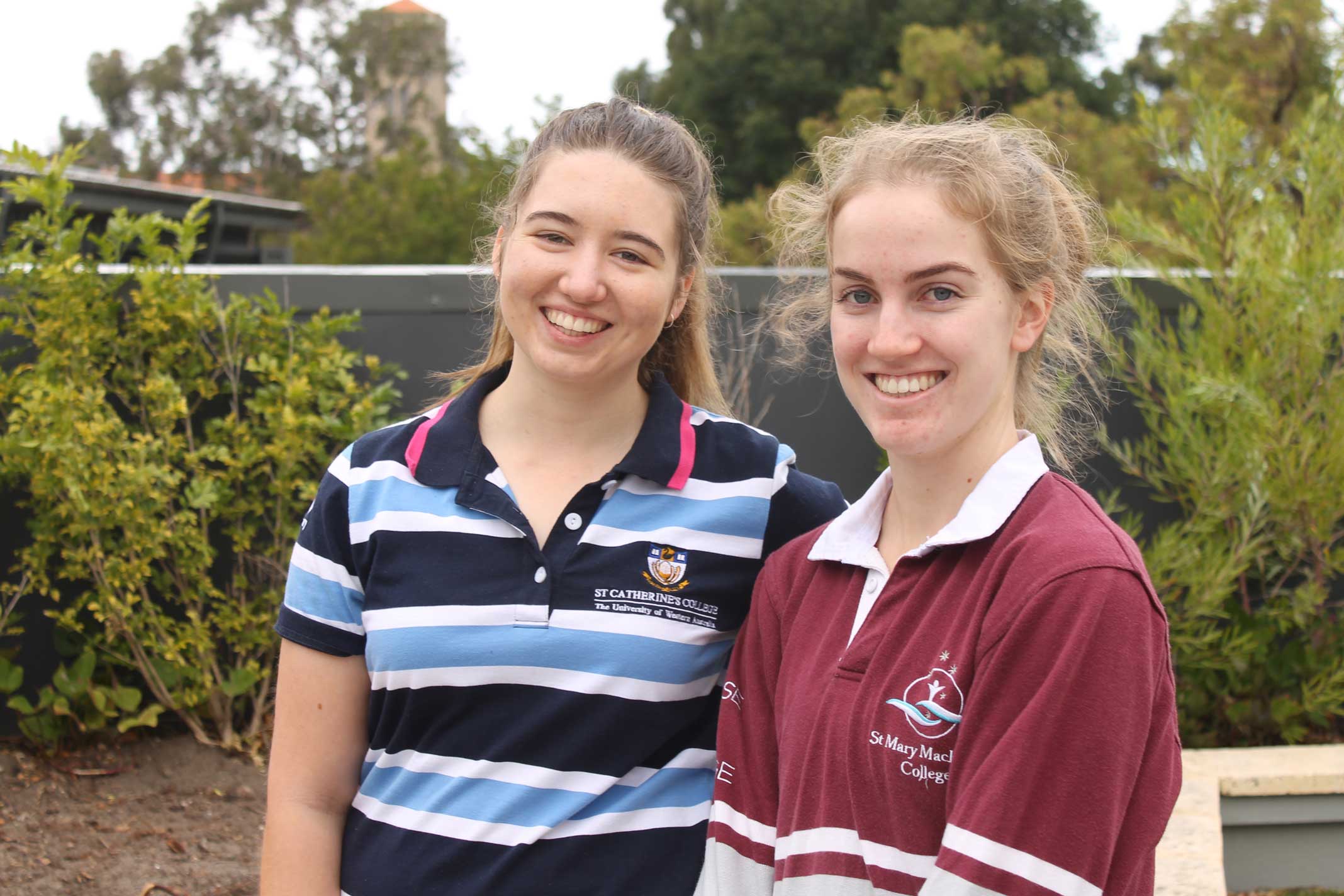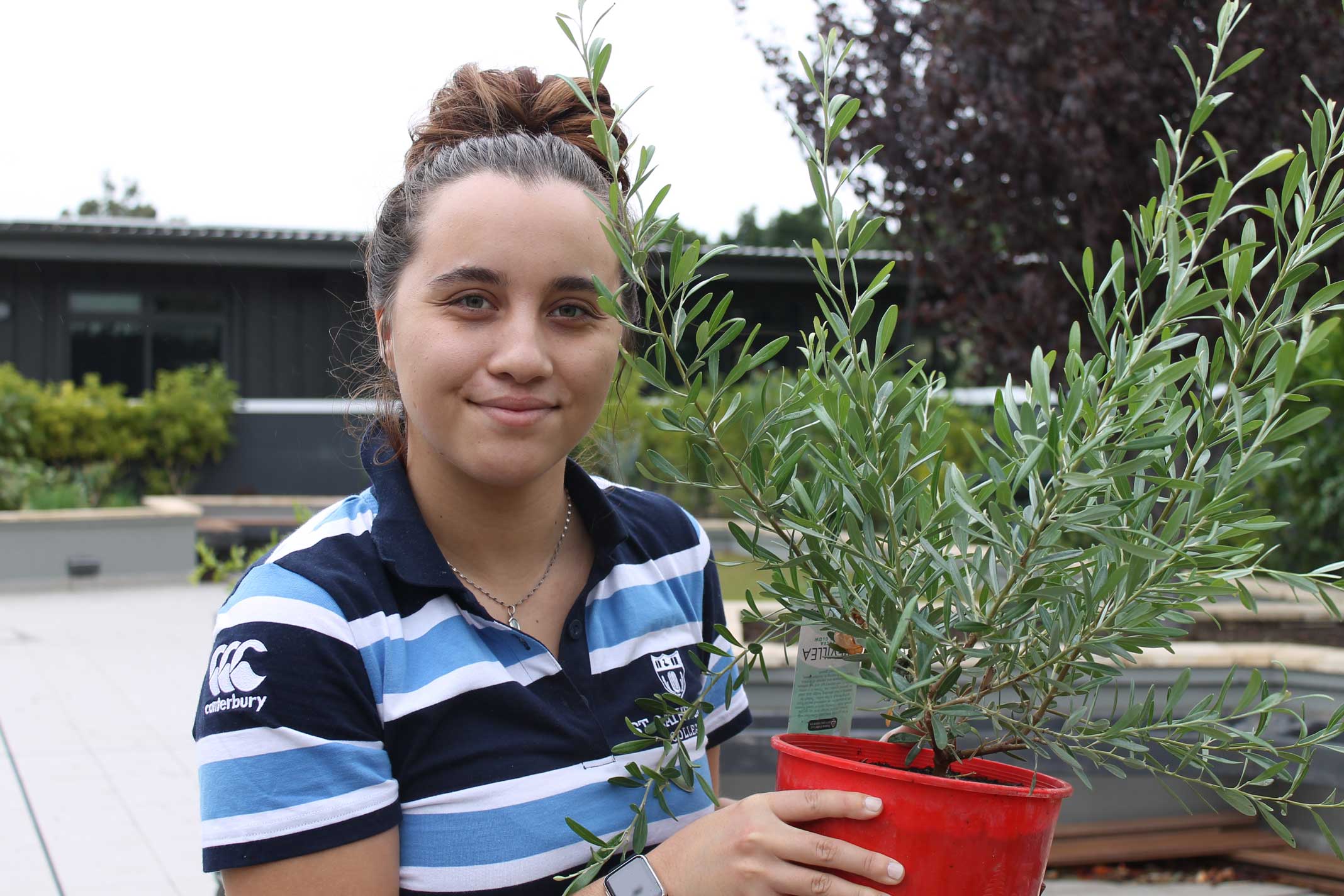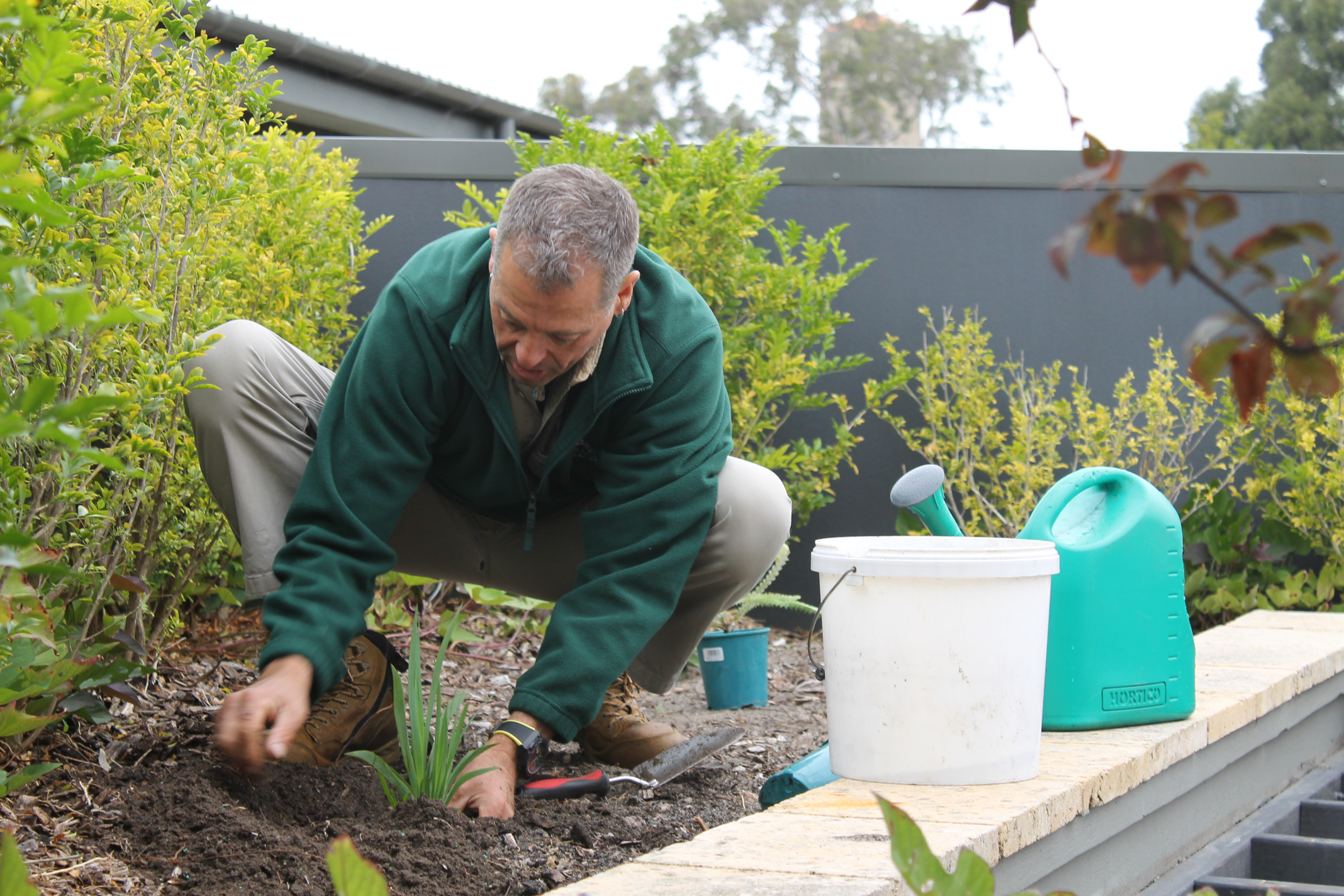The Making of a Bee Friendly Garden
By Arjun Bhugra
This year, St Catherine’s set up its “Honey Bee Project.” The project was established on the College rooftop gardens in order to create a bee nesting ground. Bees play a crucial role in the ecosystem, seeing as they are primary pollinators and are key to ensuring the continuous reproduction and longevity of various species of plants.
St Catherine’s knows about the importance of the environment and, as such, took great pride in encouraging its residents, Laure Law-Lin and Bec Cotton, to take on the initiative and enhance the biodiversity at the college.
The Honey Bee Project was officially open to residents on Wednesday 8 May, with the planting of native flora species that bees were naturally attracted to. The species of flora planted were intentionally made to have structures that made it ideal for Blue Banded Bees. These species of bees are known for being less aggressive in nature when it comes to stinging and for the natural pollination they provide in agriculture.
With the Honey Bee Project now established, St Catherine’s hopes for its residents to admire the wonders of nature while becoming more aware of the vital role that even species as small as bees play in not only preserving the ecosystem but allowing it to flourish. The project also aims to raise awareness about the interdependence between native flora and fauna, and how providing suitable breeding grounds for both creates the optimal opportunity to reverse the detrimental effects of environmental change.
Future plans include establishing wooden “insect hotels” which allow insects and bees alike to reside in artificial shelters, further encouraging them to thrive and contribute to the biodiversity in the St Catherine’s rooftop gardens.
See more articles on our blog site here.


